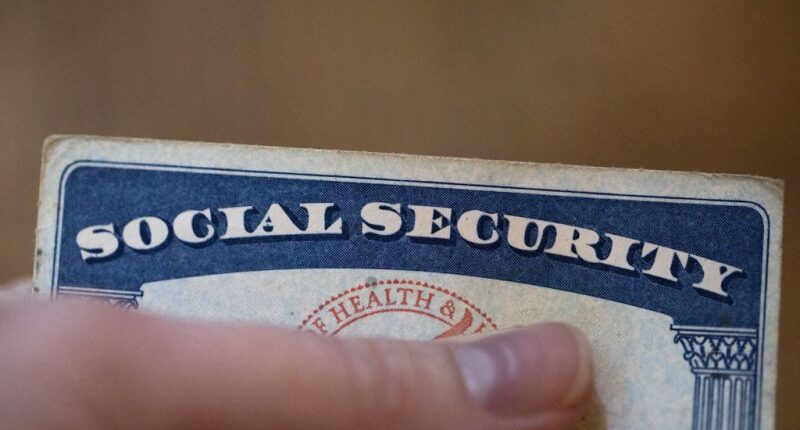Share this @internewscast.com

(NEXSTAR) — Fall is a significant time for those who receive federal benefits, mainly due to the announcement of Social Security’s cost-of-living adjustments in October. However, you might notice another alteration to your payments beforehand.
In late September, the process for distributing benefits from Social Security and the Department of Veterans Affairs will change for select recipients following a March executive order by President Donald Trump.
The order aims to update “payments to and from America’s bank account” by minimizing the use of paper checks and money orders, which are more likely to be lost, stolen, returned undeliverable, or altered — occurrences that are “16 times more likely” compared to electronic funds, as stated in the order. Consequently, benefits will be distributed electronically, with limited exceptions.
This order affects “all Federal disbursements, including intragovernmental payments, benefits payments, vendor payments, and tax refunds.” This includes any benefits issued by the Social Security Administration and the Department of Veterans Affairs.
Under Trump’s directive, acceptable electronic payment methods encompass direct deposit, prepaid cards, digital wallets, real-time payment systems, and “other modern electronic payment options.”
Paper payments are set to end on Sept. 30, with a few exceptions.
If you are not currently receiving your benefit payments electronically, you’ll need to access your account to update your Social Security direct deposit information, speak with a representative, or reach out to your bank. Your bank can supply your direct deposit information to Social Security on your behalf. Your VA benefits payment details can also be updated online or over the phone.
You may still be able to receive paper payments if you do not have access to banking services or online payment systems. Other exceptions outlined in Trump’s order include “emergency payments where electronic disbursement would cause undue hardship,” transactions in which non-electronic payments are “necessary or desirable,” and other situations as determined by the Treasury Secretary.
The Social Security Administration and the Department of Veterans Affairs did not respond to Nexstar’s request for additional information. Data from the former shows more than 99 percent of beneficiaries already receive payments via direct deposit.
It’s also worth noting that the order calls for “the payment of Federal receipts” to be made electronically as well. That means if you owe federal taxes, you may not be able to send it in as a check or an envelope of cash and coins. The same could be said for federal student loan payments.










